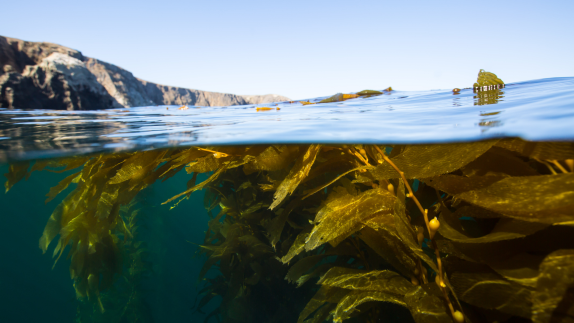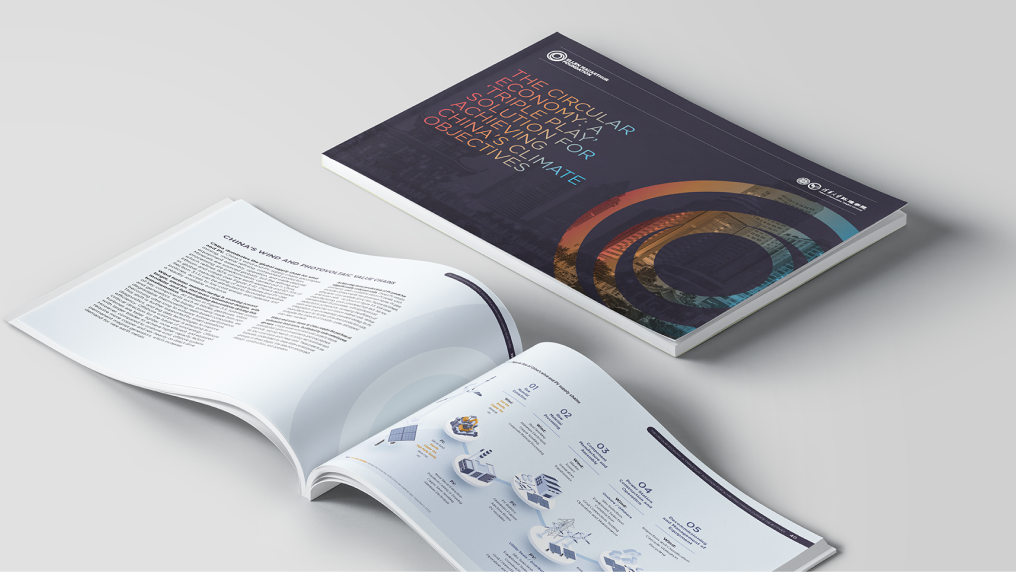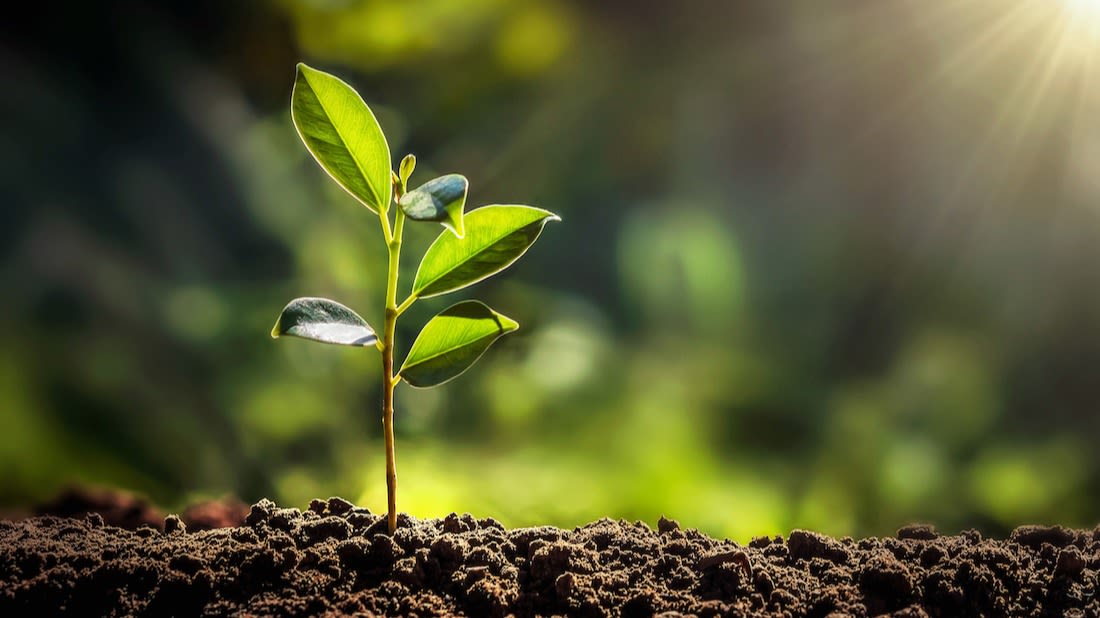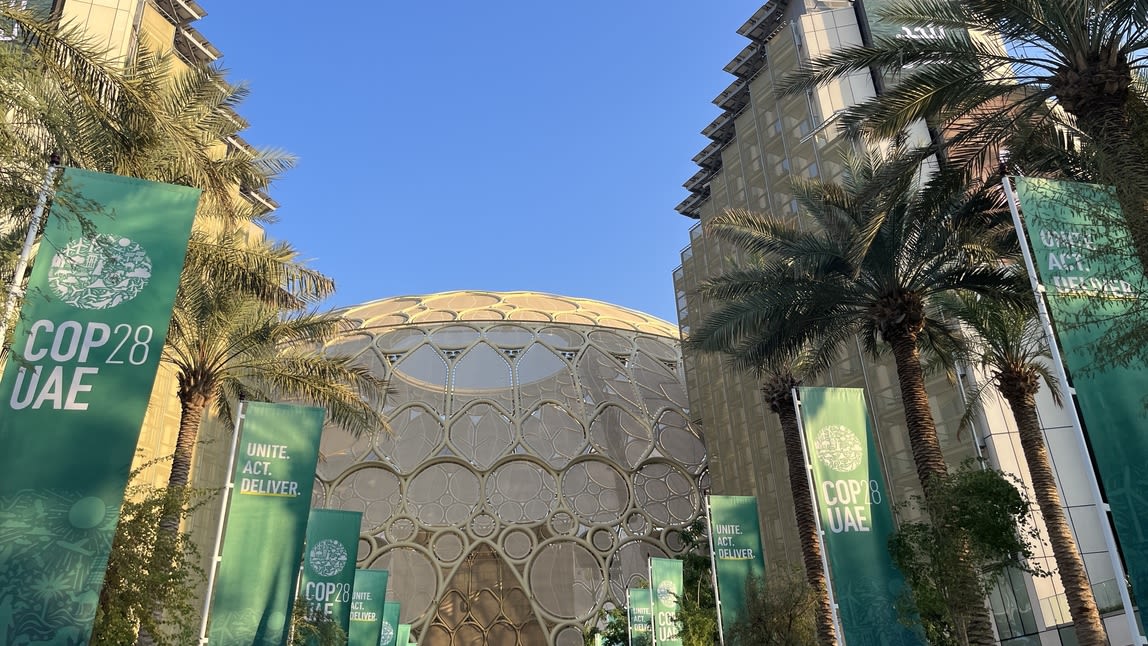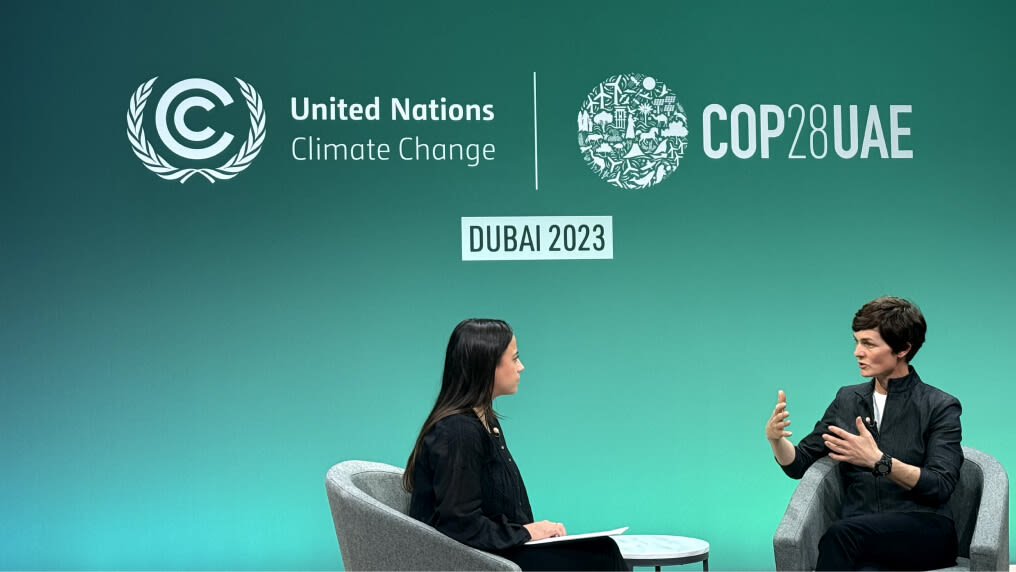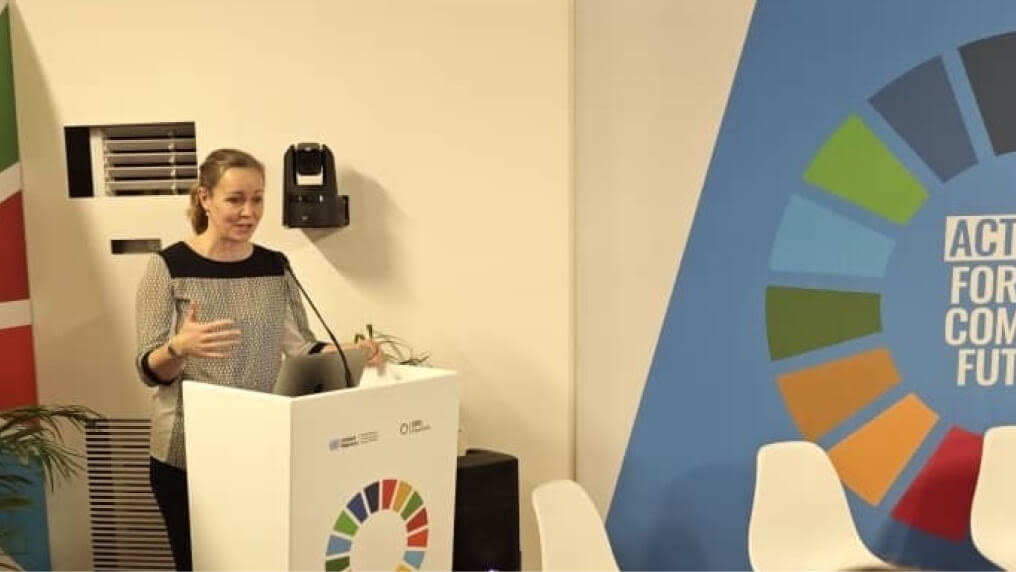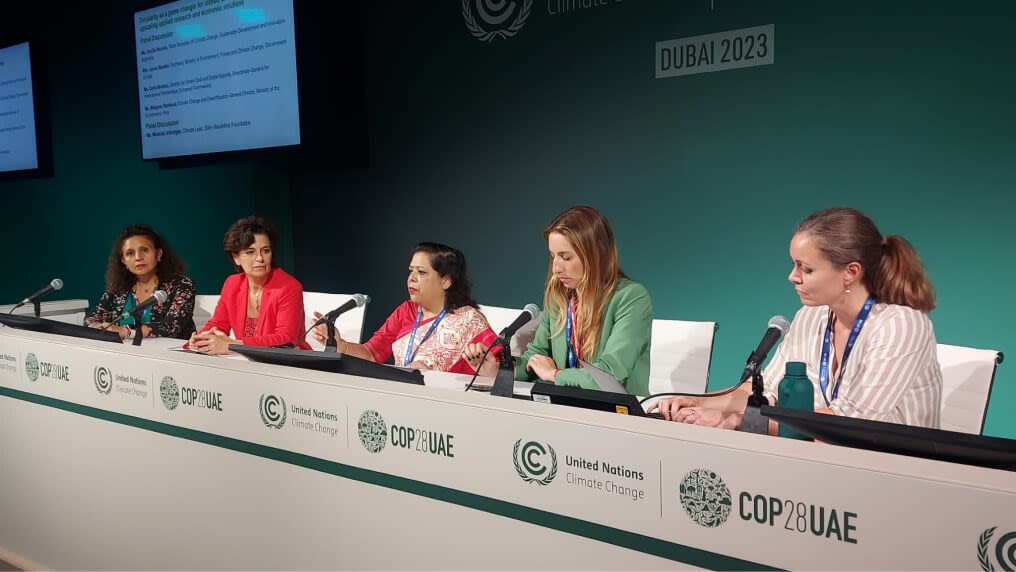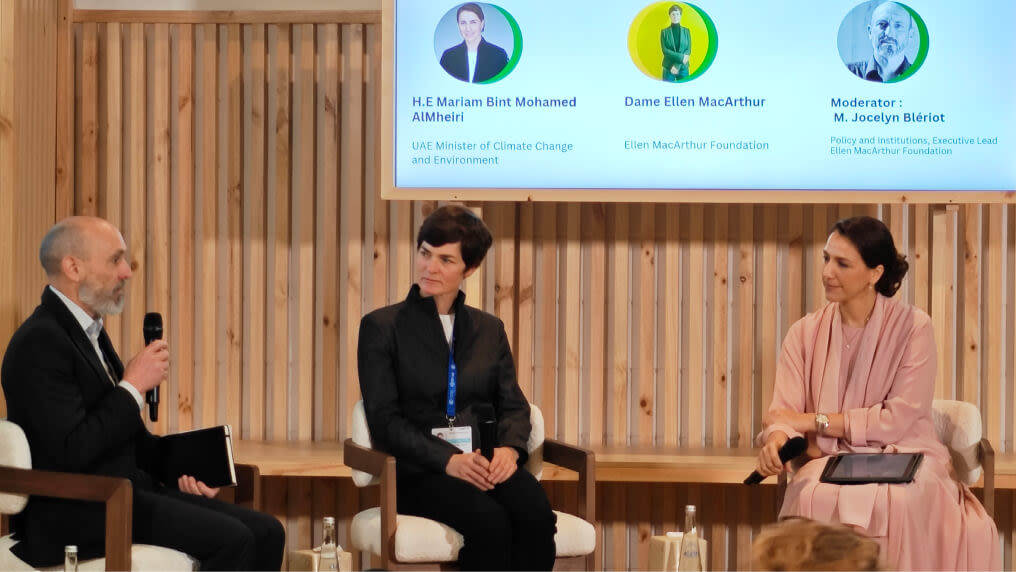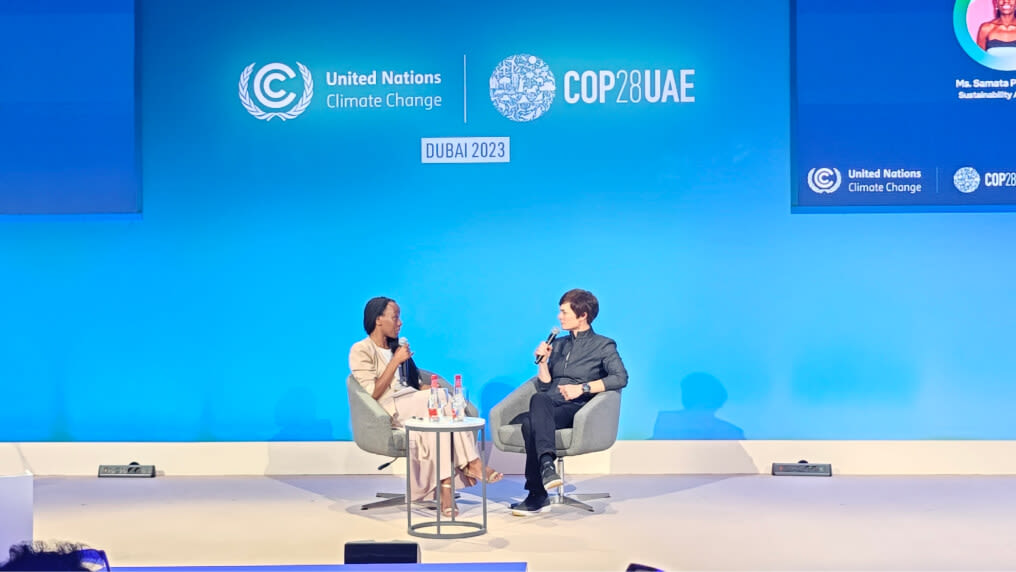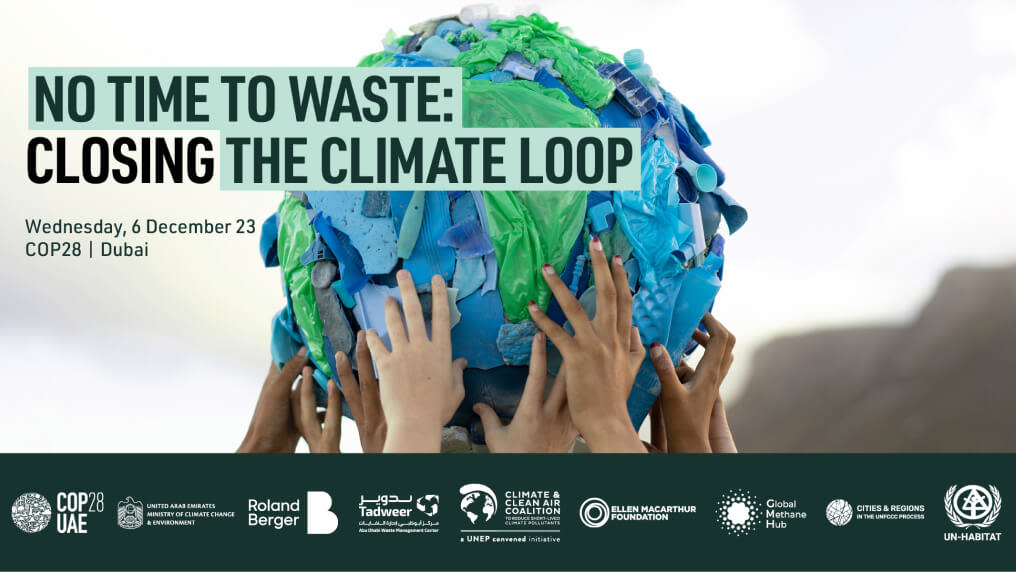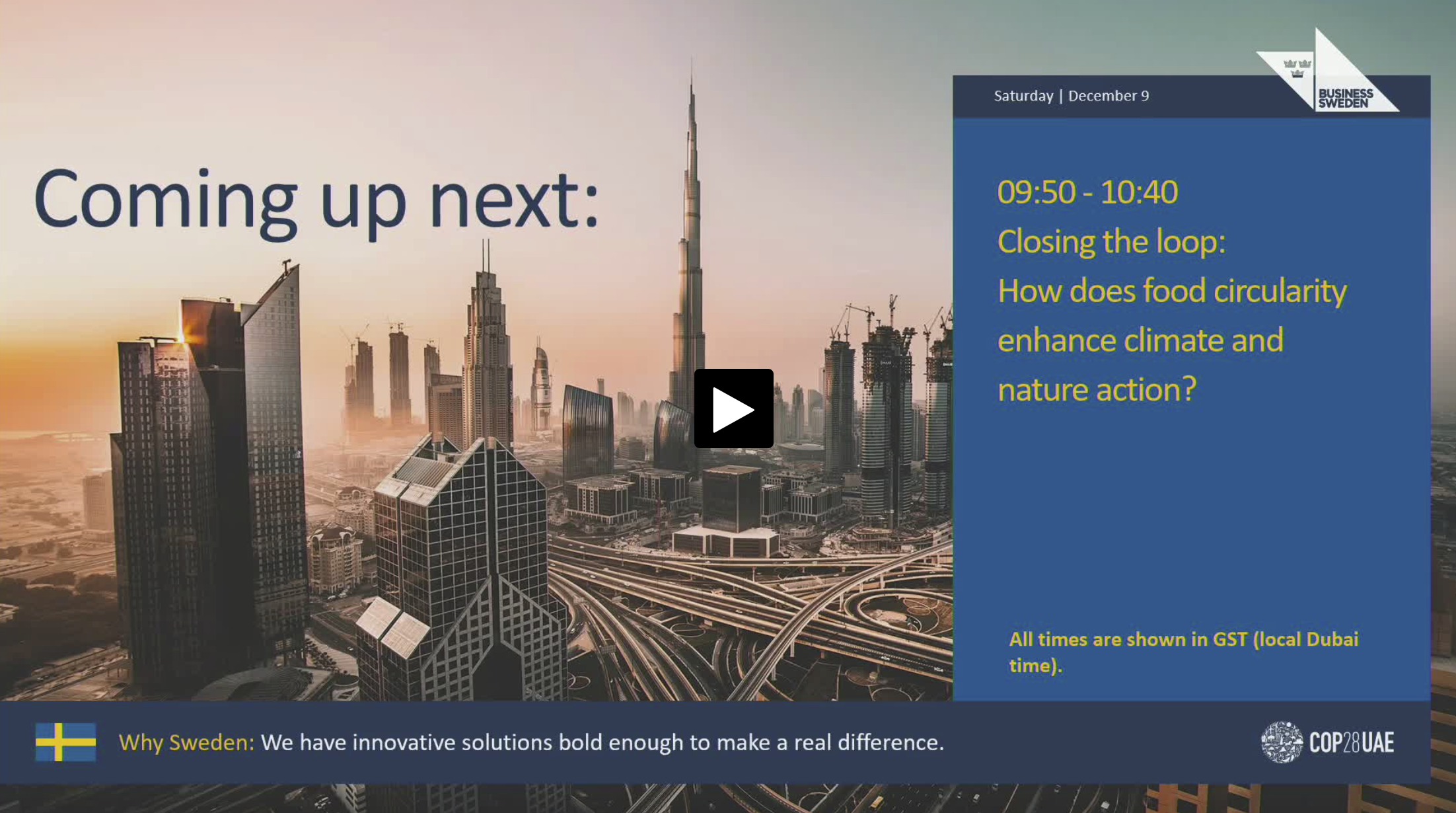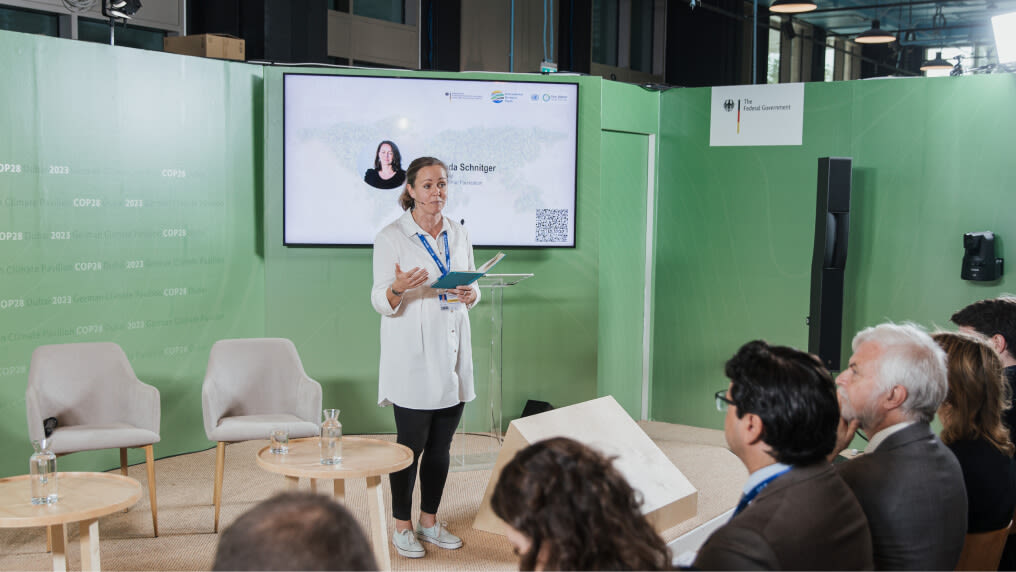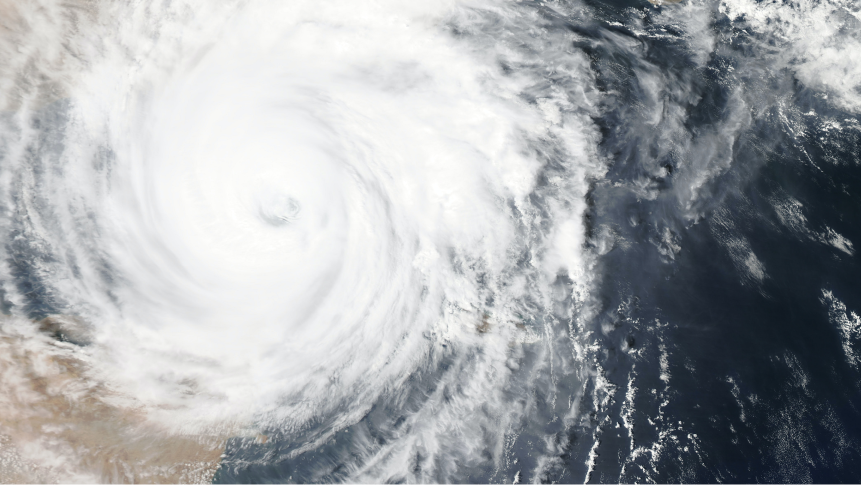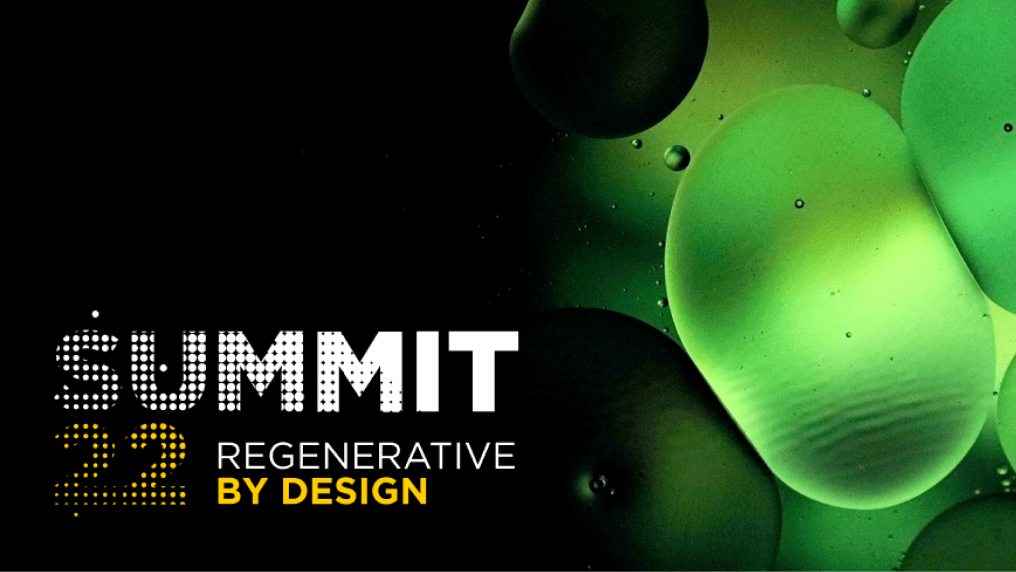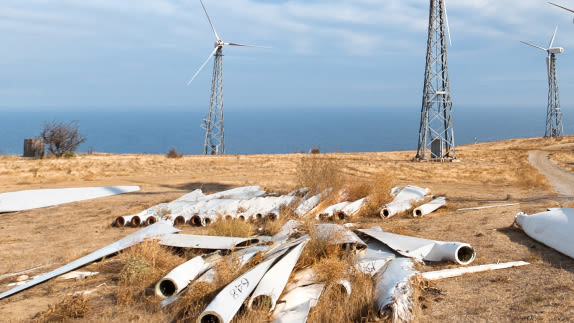We need to change the way we think about climate change in order to reduce greenhouse gas emissions (GHGs) and meet the targets set out in the Paris Agreement.
Energy efficiency and switching to renewable energyrenewable energyEnergy derived from resources that are not depleted on timescales relevant to the economy, i.e. not geological timescales. is only half the story. It is vital, but would only address 55% of global emissions. To reach net-zero, we also need to change the way we make and use products, materials, and food.
How a circular economy cuts greenhouse gas emissions
By adopting the three principles of the circular economycircular economyA systems solution framework that tackles global challenges like climate change, biodiversity loss, waste, and pollution. It is based on three principles, driven by design: eliminate waste and pollution, circulate products and materials (at their highest value), and regenerate nature. in the products, services and systems we design, we can also start to tackle the remaining 45% of emissions associated with industry, agriculture, and land use that the energy transition can’t address:
By eliminating waste and pollution, we reduce greenhouse gas emissions across the value chain
By circulating products and materials, we retain their embodied energy
By regenerating nature, we sequester carbon in soil and products
For example: in buildings and construction, by eliminating waste, sharingsharingThe use of a product by multiple users. It is a practice that retains the highest value of a product by extending its use period. buildings more, and by reusing and recycling construction materials, we can reduce the emissions from construction materials by 38% by 2050.
Likewise, in agriculture, shifting to regenerative productionregenerative productionRegenerative production provides food and materials in ways that support positive outcomes for nature, which include but are not limited to: healthy and stable soils, improved local biodiversity, improved air and water quality. practices, eliminating food waste, and using better and upcycled ingredients in our food products and menus, we could halve food system emissions by 2050.
Making the circular economy happen
Businesses can embed the circular economy in their climate strategies and make smart decisions about how to design and sell products and services.
Governments can set enabling policies and put the necessary infrastructure in place.
Investors can mobilise capital towards circular economy solutions.
International institutions can put the circular economy on the global climate agenda.

Completing the picture: How the circular economy tackles climate change
Released in collaboration with Material Economics, the paper sets out that while moving to renewables can address 55% of global GHG emissions, to achieve UN climate goals it is imperative to tackle the remaining 45%.
Dive deeper
Explainers
Circular economy takeaways and events from COP30 and COP28
Examples
Regenerative ocean farming
GreenWave’s polyculture ocean farming method produces a mixture of shellfish and seaweeds in a way that benefits nature. Their system comprises a simple 3D lattice of ropes and baskets suspended just below the surface, with different species growing at different depths. The system can be used for commercial farming of marine products that are used for food, fertiliser, animal feed and bioplastics, as well as for the restoration of marine ecosystems.

